June 26, 2025 | 15:01 GMT +7
June 26, 2025 | 15:01 GMT +7
Hotline: 0913.378.918
June 26, 2025 | 15:01 GMT +7
Hotline: 0913.378.918
By 2050, the world population may reach 9.7 billion people, the demand for foods is projected to increase by 50% and the global demands for grain food-stuffs including maize, rice, and wheat may rise 70% to 100%. How can we do to respond to the food and nutrition demands of such an increasing population without causing adverse impacts on the environment and society?
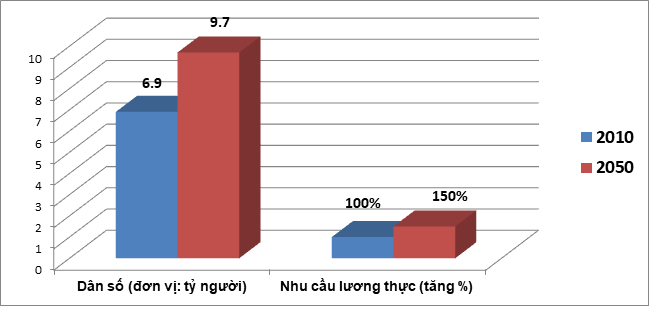
Forecast of World Population and Food Demand during 2010-2050.
Experts and scientists engaging in the agricultural field are rushing to find a new way to meet the practical demands. In which, sustainable intensive farming is a new approach, toward innovation, improving productivity on existing agricultural land with positive effects on the environment and society. It considers the effects on the total yield of the farm, revenue, stability, production and market risks, recovery capacity as well as benefits and capacity of each farmer adapting to the changes. It is not only limit in concerns over the environment but also goes beyond the economic and social criteria as well as improving the livelihoods, fair and social capital.
Enhancing sustainable plant production is a leading strategic goal set by the Food and Agriculture Organization of the World (FAO). Through this strategic objective, FAO provides member countries with technology, policy, knowledge, information, and capacity building so that they can increase crop yields and profits over time.
The goal will be realized through production systems and crop management technologies that increase yields without adversely affecting natural resources, enhancing resilience to climate change and efficient use of inputs, creating a favorable environment for farmers to compete in the market; environmentally friendly reducing losses in the field and after harvest; and the conservation and sustainable use of plant genetic resources to develop plant varieties, improve and deploy them through farmers. FAO has provided technical and policy support to countries in four areas:
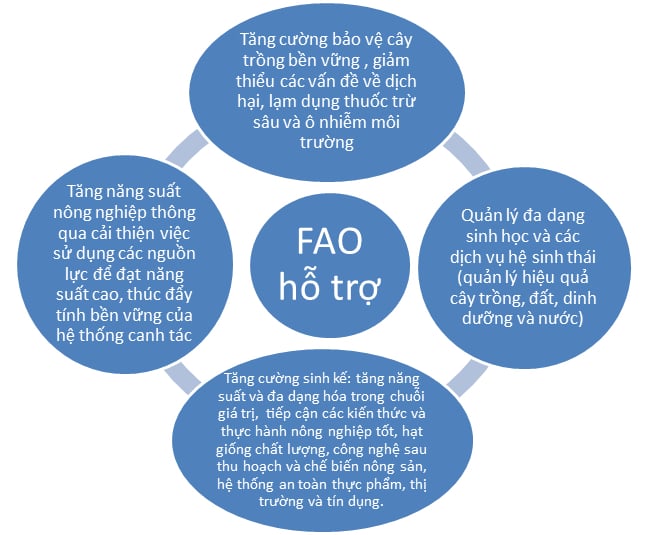
FAO has provided technical and policy support to member countries.
For a developing country, agricultural production mainly focuses on creating more products or revenue from existed agricultural land, and less attention is paid to the long-term walk that brings sustainability, as well as maximizing bad effects on health and the environment. Sustainable intensive farming of agricultural systems is considered necessary to meet growing food demand; especially in areas with poor soil quality and low yields, it can enhance food security and economic development.
To achieve sustainable intensive farming goals, it requires productivity innovations (e.g. improved varieties, fertilizers, new crop management practices), natural resource management innovations (e.g. afforestation and erosion control), and innovate to upgrade social infrastructure, policies, partnerships, access to finance, services, inputs, and output markets for products.
The problem here is that change and innovation need to be synchronized with flexible use of available resources, human and financial resources at the micro-level (farmers, cooperatives themselves), and the high level of macro-level from policies and state management systems related to agricultural production.
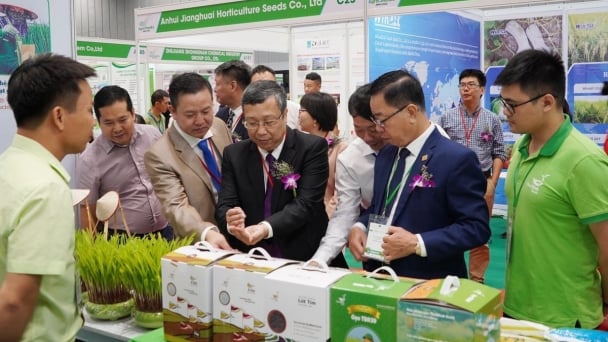
(VAN) Vietnam and China are strengthening connectivity and cooperation in the field of crop varieties and agricultural materials, paving the way for sustainable development in the agricultural sectors of both countries.

(VAN) Over the past 20 years, Hai Phong has reduced the number of bears in captivity from 500 to just over 10, thanks to the efforts of the forest protection force.
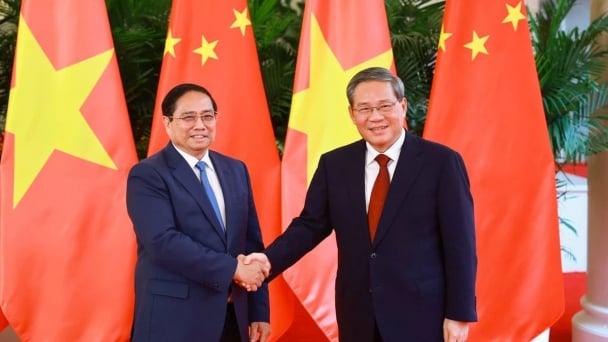
(VAN) Prime Minister Pham Minh Chinh held talks with Chinese Premier Li Qiang on June 24, in Tianjin, China.
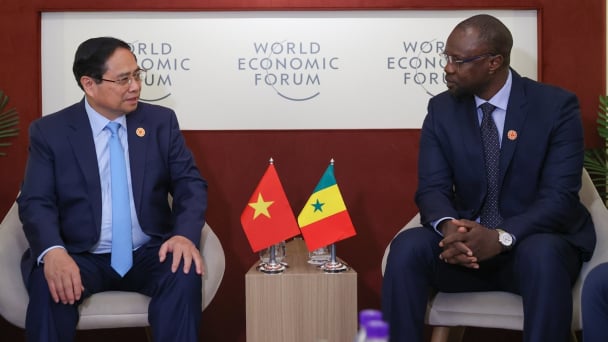
(VAN) On the occasion of attending the World Economic Forum (WEF) in Tianjin, China, on the morning of June 25 (local time), Prime Minister Pham Minh Chinh met with Senegalese Prime Minister Ousmane Sonko.

(VAN) The Net Zero door is opening, but no one can walk through it if they stay outside the mandatory emissions inventory roadmap starting in 2025.
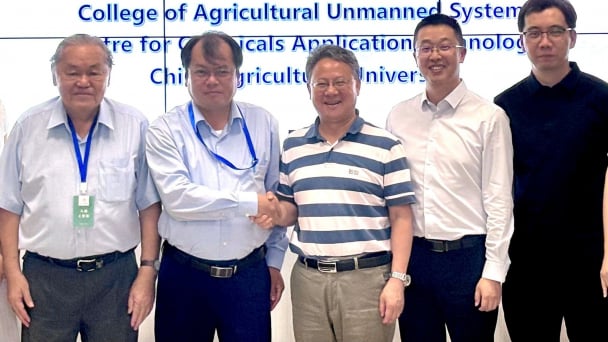
(VAN) The visit to China Agricultural University opens up new prospects for high-tech agricultural cooperation, fostering connections between research institutes and enterprises of Vietnam - China.

(VAN) Con Dao, the emerald gem in the vast ocean, is undergoing a powerful revival, transforming into one of Vietnam’s leading ‘eco-spiritual paradises.’ In this journey.